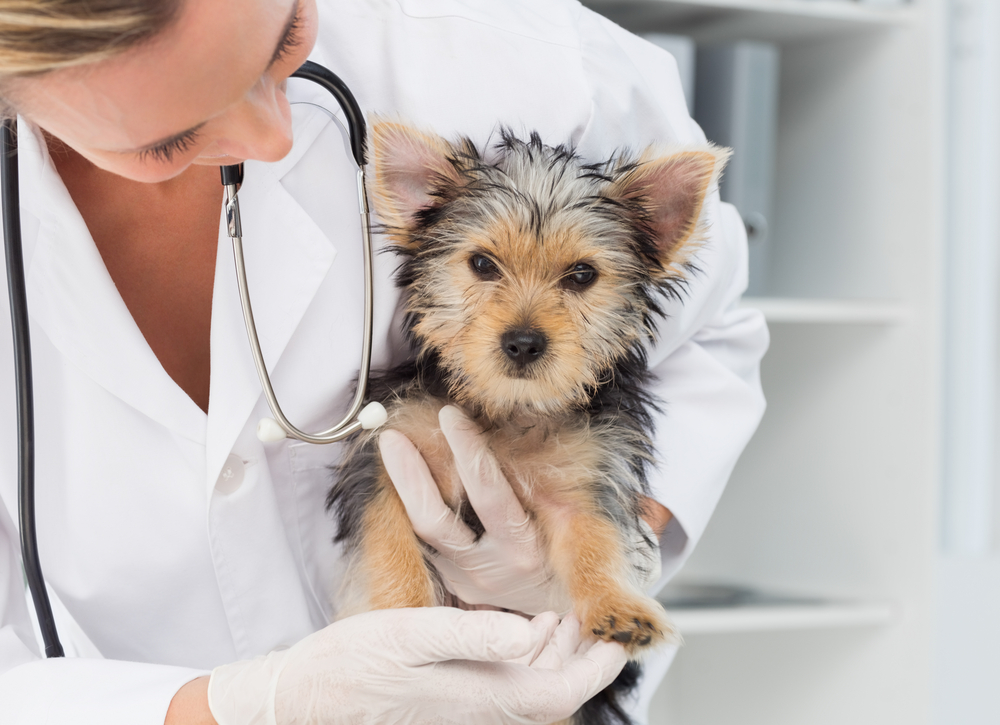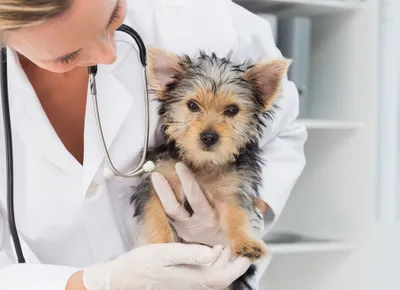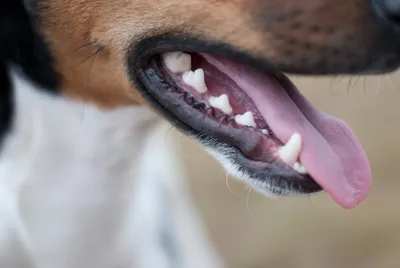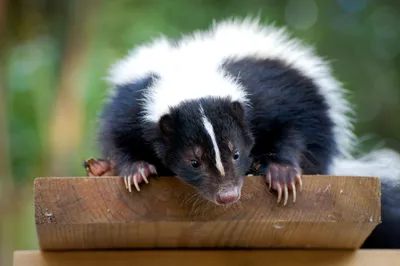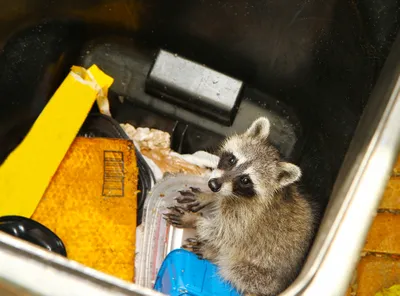Rabies: it’s a frightening condition that can be deadly for both humans and animals. That’s why animal owners are encouraged to get their pets vaccinated in their first year and every few years afterwards. Ask any animal owner who has seen a pet or person get infected and they’ll tell you just how crucial it is to have pets vaccinated.
But what else do you need to know about rabies? To keep your family and pets safe, there are a number of things you should be aware of. Let’s take a look…
1. Get your Pets Vaccinated
Every pet owner should ensure their animals have been vaccinated. Regular vaccinations play a huge role in preventing the spread of rabies in your area. Typically, puppies and kittens should be vaccinated in their first three months of life, with pets vaccinated again after their first birthday. To ensure your animals remain safe, have them vaccinated again every three to four years.
That said, not every state, province, or territory will have the same laws or regulations concerning rabies vaccines. To learn more about these requirements, speak to your local animal control agency, health department, or veterinarian.
2. Know your Veterinarian’s Information
Every pet owner should have a clear and concise plan for responding to a rabies threat. If your pet is bitten by another animal or bites another animal, it’s crucial that you contact your veterinarian as soon as possible.
That means having your veterinarian’s phone number, email, and address handy for anyone in the household to use. Post this information in a central location and make everyone aware of its presence. In addition, be sure to keep in touch with your vet and update their contact information if it changes.
3. Be Prepared in Case a Human is Bitten
It’s equally important to be ready if a human member of the household is bitten by a strange animal. Because rabies can spread quickly and poses a significant danger to humans, it’s important to consult your physician immediately if such a bite occurs.
This means having your physician’s contact information handy and available to all members of the household. Be sure to update this information if it changes and have a backup plan if your usual doctor is unavailable.
4. Avoid Keeping Wild Animals as Pets
Today, millions of exotic animals are being kept as pets in the United States. But because many of these animals are not allowed to be kept as pets, their owners often avoid having them vaccinated against rabies.
That poses a huge danger to their neighbours. If you’re tempted to acquire a wild animal as a pet, think again. Not only are these animals often more difficult to control, they could spread rabies throughout the local community.
5. Keep your Animals in Sight
Many pet owners with large properties love letting their animals roam free, giving them the chance to explore. It’s a nice idea but depending on your environment, could open them up to the threat of being infected with rabies.
That’s why it’s crucial to always keep your animals inside or, when outside, in sight. Letting them wander on or off your property makes them vulnerable to wild or domestic animals that may be infected with rabies.
6. Know What Rabies Looks Like
Many pet owners know that rabies can result in foaming at the mouth of the infected. But infected animals may not display this symptom. In fact, rabies infections are often spread long before this particular (and well known) symptom takes shape.
That’s why it’s important to keep an eye out for any animals acting strangely. If you see an animal that’s displaying unnatural behavior–such as having difficulty walking or acting aggressive towards other animals or people–contact your animal control agency immediately.
7. Avoid Leaving Food in the Open
Animal lovers are often tempted to leave food out for cats and dogs in their neighborhood. Unfortunately, leaving food out can draw the attention of dangerous animals, including those who may have become infected with rabies.
That’s why it’s important to avoid feeding other animals, no matter how friendly they may appear. Leaving food outside can attract stray cats, dogs or other wildlife that pose a threat to members of your household, including animals and humans.
8. Consider Keeping your Animals Indoors
Some animal owners feel it’s cruel to keep cats inside, preventing them from roaming the neighborhood and returning home at their leisure. But that could endanger them, your other animals, and human members of your household.
And it’s not just rabies that poses a threat to your outdoor cats. They may get into fights with other animals that can result in them becoming ill with other afflictions, which they may spread to your other animals. The good news is that many outdoor cats will become accustomed to indoor life after a few weeks.
9. Mind your Trash
We’ve all ventured outside on a sunny morning to find our trash spread across the lawn. It’s a frustrating and annoying sight, but it can be dangerous, too. That’s because failing to secure your trash attracts wild animals that could be infected with rabies or other dangerous illnesses.
That’s why it’s crucial to animal-proof your trash. Make sure your trash is put in plastic bags that are placed inside thick plastic or metal bins. To ensure your garbage isn’t ransacked by critters, seal the lid with some kind of clamping device.
10. Don’t Hesitate to Call Animal Control
Cartoons and children’s books have made animal control officers the bad guys, but in reality they play a critical role in protecting your neighborhood. It’s their job to investigate situations involving animals exhibiting strange behavior. They have the expertise to deal with a potentially dangerous or event fatal matter.
So, don’t hesitate to call pet control when you see an unknown animal (domesticated or wild) acting strangely in your community. Make sure you and your family members know the animal control contact information. And above all, don’t take it upon yourself to deal with a potentially hazardous animal.
